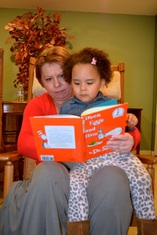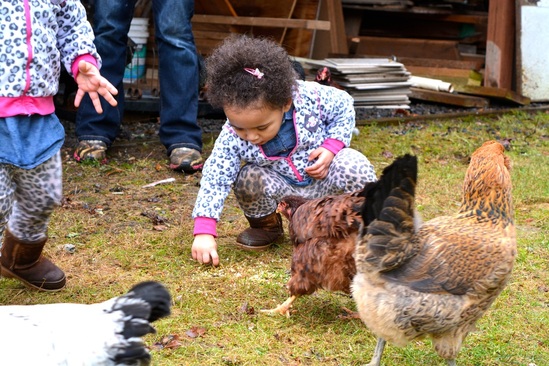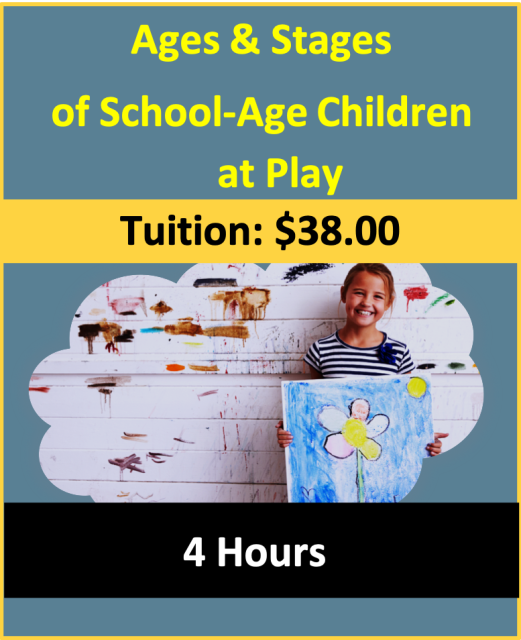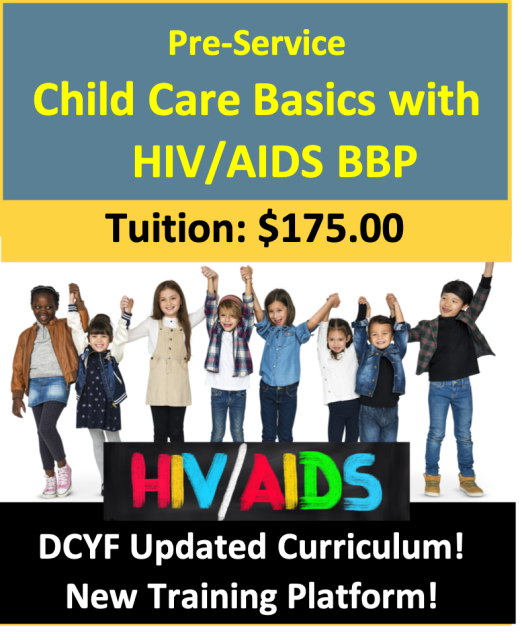From Our Educators
Debra Hasbrook, M.Ed. |
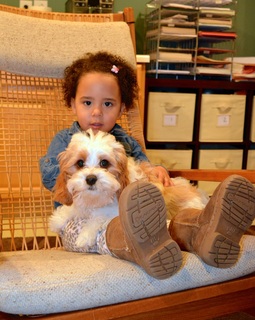
8/29/2014
Many families love having pets in their child’s program and many families have concerns. Before enrolling a family make sure that they know what pets you have and your pet policy. If you run a licensed child care program always check your regulations, with your licenser and the families you care for before bringing a new pet into your program. Pets can bring a number of rich learning experiences for children: empathy, caring, friendship, responsibility and unconditional love. There may be possible health and safety concerns: allergies, injuries, infections, rabies, diarrhea, cat-scratch disease, ringworm, toxoplasmosis and psittacosis. Apply regular pest treatments for pets who need them. Always have children wash their hands after handling pets, discourage pets from licking children’s faces and keep children’s areas feces free. Certain pets that may become aggressive or are poisonous are not appropriate for group care; iguanas, turtles, snakes, spiders, and some tropical fish. Hybrid wolf-dogs or wild animals are popular but not appropriate in group care even if they are really nice. When introducing a pet find out the common characteristics of that animal so you know what to expect. Introduce the pet in a controlled setting, and discuss the care and handling that is appropriate for that pet. Never leave children alone with a pet, this is for the child’s and the pet’s safety. Keep food and water dishes away from the children’s play area as this can cause aggressiveness in some pets. Pets should be removed from cages for children to interact with the pet and little fingers should not poke at pets in the cages. Pets can become frightened or defensive and may bite. Let the children participate as you care for the pets. The discussion about the appropriate way to handle pets should be a daily conversation. As well as telling children not to approach animals they do not know or without an adult beside them. The Moose Belongs to Me Suggested Books
Click on the photos to enlarge. Resources:
|
